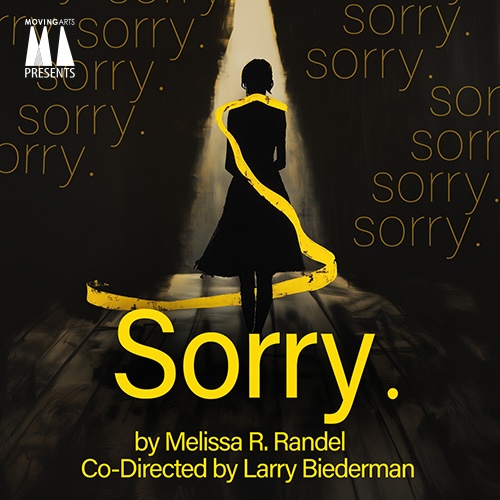Long Day’s Journey into Night
Reviewed by Neal Weaver
Wallis Annenberg Center for the Performing Arts with Fiery Angel & Padraig Cusack
Through July 1
RECOMMENDED
In Long Day’s Journey into Night, Eugene O’Neill wrote what is probably the most searing family portrait ever penned. It owes its extraordinary power to the fact that it is mercilessly autobiographical. The family in the play are called the Tyrones, but they are an almost literal representation of O’Neill and his family.
James O’Neill (played as James Tyrone by Jeremy Irons), the clan’s paterfamilias, was one of the most prominent actors of his day till he stumbled on a melodramatic adaptation of The Count of Monte Cristo. The lead role seemed to suit him perfectly, and he scored a great triumph with it — so great that he went on playing it for the rest of his life. It made his fortune but destroyed his talent; since he no longer faced the challenge of creating new roles, the results were stultifying.
O’Neill was basically a shanty Irishman who could never believe in his own success. He was convinced he would die in the poorhouse, and this fear made him a miser and a cheapskate, at great cost to himself and his family. He married Mary, a prim and proper Irish convent lass who loved him but soon came to loathe the life of one-night-stands and cheap hotels. Nevertheless, she bore him three sons. The eldest was James Jr., or Jamie and the second, Edmund, died young. The third was Eugene, the playwright to be, but in the play he gives himself the name of his dead brother Edmund. His birth was a difficult one, and left Mary with medical problems. The penny-pinching James put her in the care of a cheap and irresponsible doctor, who supplied her with drugs for the pain, with the result that she became hopelessly addicted.
When the play begins, Mary (Lesley Manville), has just returned home from the most recent of a long series of attempts at rehabilitation, but the family is becoming painfully aware that she is using again. And things are not well with the rest of the family. Edmund (Matthew Beard) has contracted tuberculosis, though they try to persuade themselves that it’s just a summer cold. And Jamie (Rory Keenan), is well on the way to becoming a permanent alcoholic.
The whole family is in serious denial about their own failings, but each is acutely aware of the faults of the others. Throughout a long and traumatic day, they play endless blame games, and each tells the others terrible home truths as they blunder about in an alcohol and drug-induced haze. It’s a tribute to O’Neill’s talent that we don’t despise them all. He makes them forgivable by illuminating their pain and desperation.
Director Richard Eyre gives the piece a potent and dynamic production, nimbly capturing the humor that is the play’s saving grace and pushing all the emotions to their limits. Jeremy Irons seems to have been born to play James — a man who loves his family, though his wife maddens him with her querulous drug-addled laments, and his sons continue to be a financial burden. He disapproves of Edmund’s advanced ideas (he reads Nietzsche) and his morbidity and pessimism. And he loathes Jamie’s drunkenness, whoring and lack of ambition. Manville provides an eloquent portrait of a naggingly critical wife who would be insufferable if she were not so plainly desperate. Keenan’s Jamie is young, handsome, and corroded with self-loathing. Beard’s Edmund is the finest of the many I have seen, both volatile and intriguing as a man whose endless love/hatred of his family almost immobilizes him. And Jessica Regan as the down-to-earth Irish maid Cathleen brings a welcome breath of fresh air as the only character not ensnared in the family morass.
Almost the only flaw in the production is Rob Howell’s set, though his costumes are fine. It’s a beautiful towering structure with glass walls and ceiling, which reflect back images of the actors till the space begins to seem like a hall of mirrors. This may be a fine metaphor, but it can be disconcerting when the actors must compete with their reflections.
The Bram Goldsmith Theatre in the Wallis Annenberg Center for the Performing Arts, 9390 North Santa Monica Boulevard, Beverly Hills. Tues.-Fri., 7:30 p.m.; Sat., 2 & 7:30 p.m.; Sun., 2 p.m. (310) 746-4000 or www.TheWallis.org/LongDays. Running time: three hours and 35 minutes, with one 15-minute intermission.














